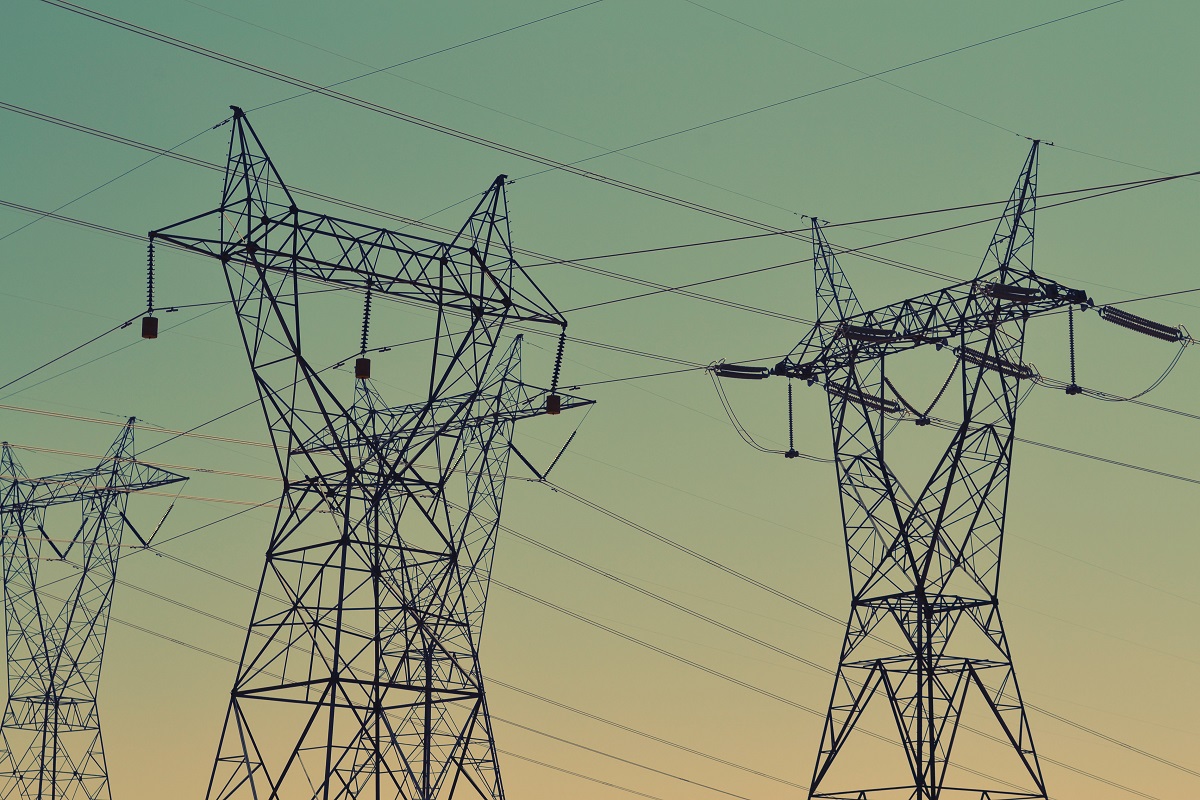To achieve net-zero by 2050, the annual investment capital for developing the electric power industry in Vietnam will increase by $5-6 billion.
At the same time, the price of electricity should also increase by about 30%, Nguyen Manh Cuong, deputy head of the power system department of the Energy Institute of the Ministry of Industry and Trade, said at the Forum on energy development.
“This means that people will have to pay more when more renewable energy becomes available,” he said.
The official also noted that to achieve the goal of zero emissions by 2050, emissions will be reduced to 148 million tons of CO2. Renewable energy sources are expected make the main contribution to the system, especially wind energy.
Energy Institute calculations show that the share of renewable energy capacity should also gradually increase from 25% in 2020 to 32% in 2030 and reach 58% in 2045.
This means that many new wind and solar energy projects will have to be built, and no new coal-fired power plants can be created (except for projects that have been invested and built), gas capacity is also limited to a minimum.
These factors will influence the investment capital needed by the energy sector in the country to reach the net zero target by 2050.

